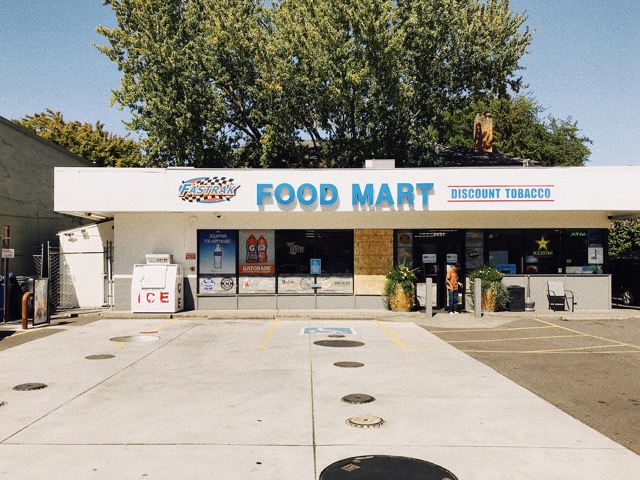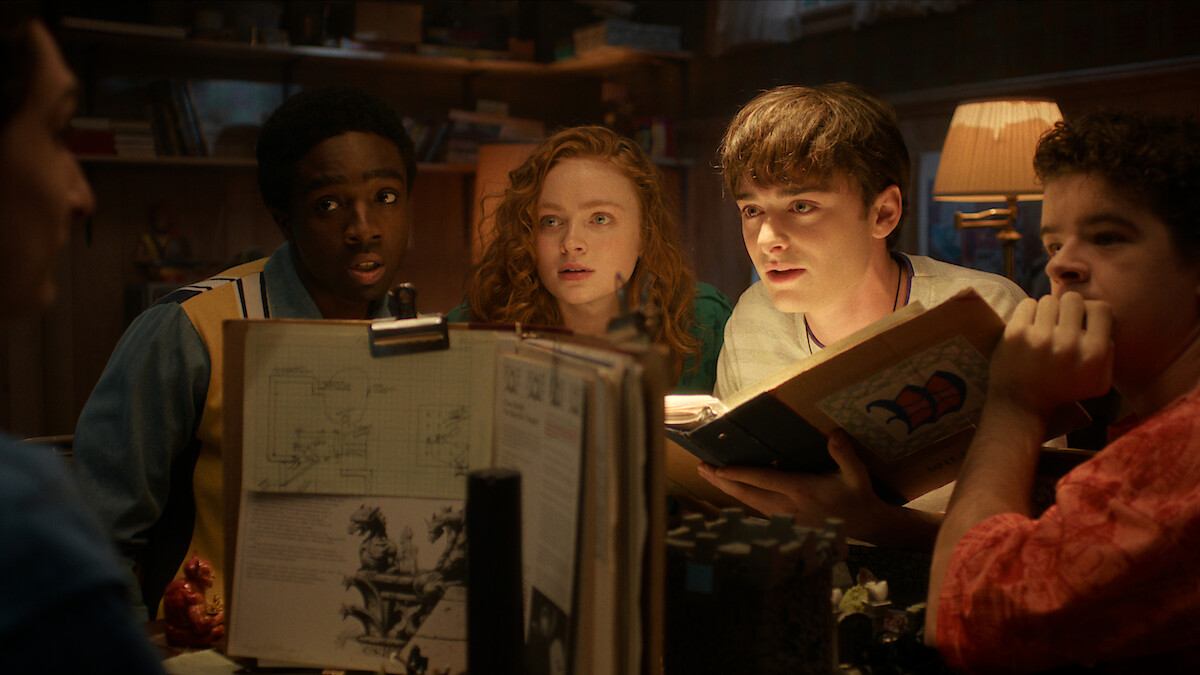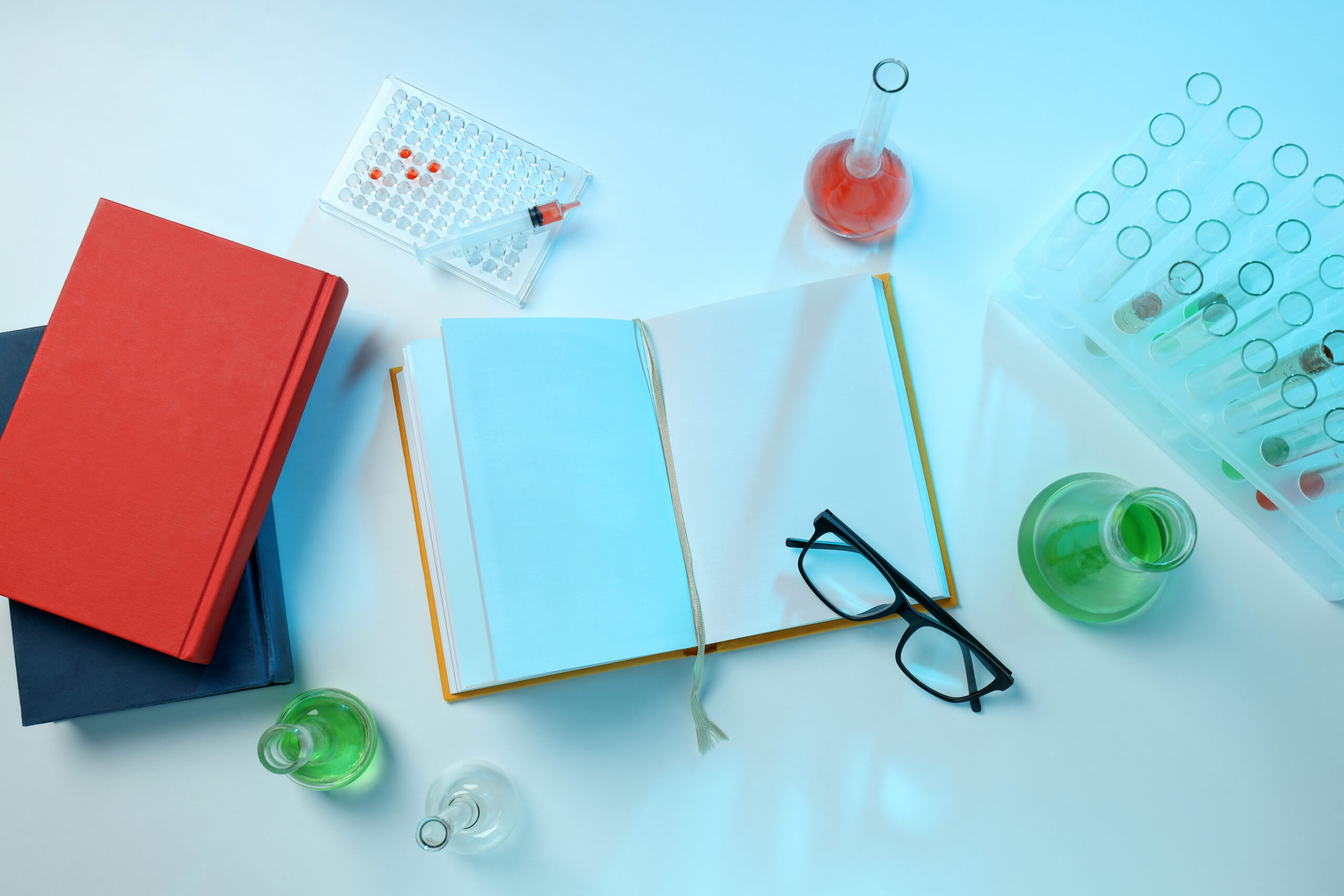Biotechnology is changing our dining table. More precisely, it is changing the food we eat and reconstructing our perspective on food. As climate changes and population grows, resources are being depleted. At this critical juncture where survival is threatened, the intersection of biotechnology and gastronomy represents humanity’s future and hope for sustenance.
From fields where crops grow to kitchens where food is prepared, biotechnology is involved in everything we eat and drink. Imagine sweet gene-edited tomatoes or rice fortified with essential vitamins to combat malnutrition in developing countries. These are not science fiction but real examples of genetic engineering.
Cultured meat is another notable example. Meat cultured in bioreactors from animal cells provides the same taste and texture as traditional meat. This cultured meat offers similar satisfaction to eating meat while having less environmental impact and protecting billions of animals. Additionally, plant-based protein alternatives enhanced through biotechnology influence people’s dietary preferences and change attitudes toward sustainability.
Fermentation, which has evolved over centuries, has also reached a turning point through modern science. Microbial engineering creates new flavors, entirely different textures, or invents previously non-existent food categories. Anyone can now obtain cheese made without cows or honey produced without bees.
Biotechnology extends beyond food production to address food waste issues. Enzymes and microorganisms extend the shelf life of fresh produce. Moreover, organic waste is transformed into valuable resources like biofuels or animal feed. Enzymes can also play a positive role in cooking by tenderizing meat, refining oils, and enhancing food quality.
While these biotechnological innovations promise a brighter and more sustainable future, questions about ethics, accessibility, and the balance between tradition and technology remain. As our table’s food becomes increasingly dependent on science, global dialogue about regulation, cultural preservation, and equitable distribution becomes even more crucial.
Biotechnology goes beyond merely changing food to transforming our relationship with food. Every choice we make today in applying biotechnology will define not only tomorrow’s meals but also the essence of humanity’s culinary heritage.






